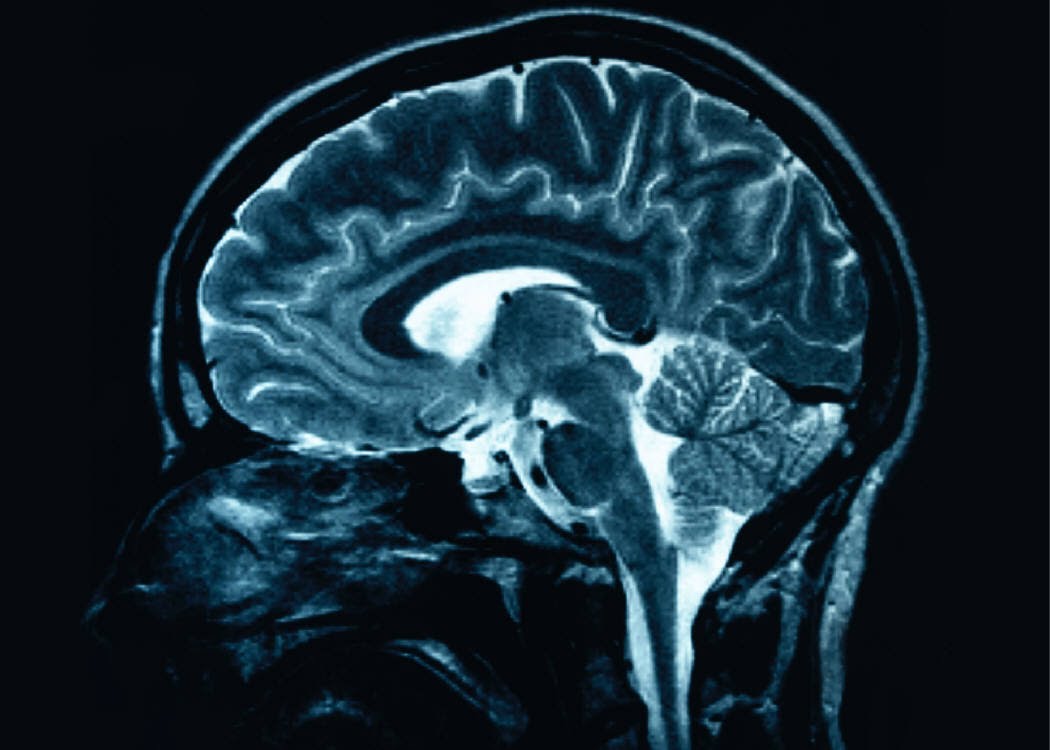
One More Sense?
A researcher from the California Institute of Technology strongly believes he might have found evidence of human ability to detect the Earth’s magnetic field, an ability called magnetoreception. Some insects, birds and mammals (such as dogs) were previously shown to sense it.
Geophysicist Joe Kirschvink performed a small test involving 24 participants. The paper is still in the writing process and the results haven’t been peer-reviewed. Therefore, Kirschvink’s claims can only be taken as his word. He confidently presented the results at the 2016 meting of the Royal Institute of Navigation in the UK last April. The research received US$900,000 for funding and Kirschvink is now collaborating with teams in Japan and New Zealand to confirm the conclusions.
Previous claims of human magnetoreception have been debunked. Even so, experts have confidence in Kirschvink’s integrity. Peter Hore of Oxford University told Science, “Joe’s a very smart man and a very careful experimenter.” Kirschvink claims the research is replicable, unlike the work of previous researchers. Further, Kirschvink is more concerned about first proving the ability exists before tackling how it may be possible.
Inside the Cage
Previous experiments failed due to electromagnetic interference. Kirchvink built a Faraday cage to combat the interference. Inside the cage, test subjects sat in pitch black with pure magnetic field as the only stimulus.

According to Science, Kirschvink and his team’s “…idea is to apply a rotating magnetic field, similar in strength to Earth’s, and to check EEG recordings for a response in the brain.” The experiment showed that there was a drop in the participants’ alpha waves when the magnetic field is rotating counterclockwise. This method was not meant to discover from where or how the body would detect the fields but could be an important step in showing that humans do have the ability.